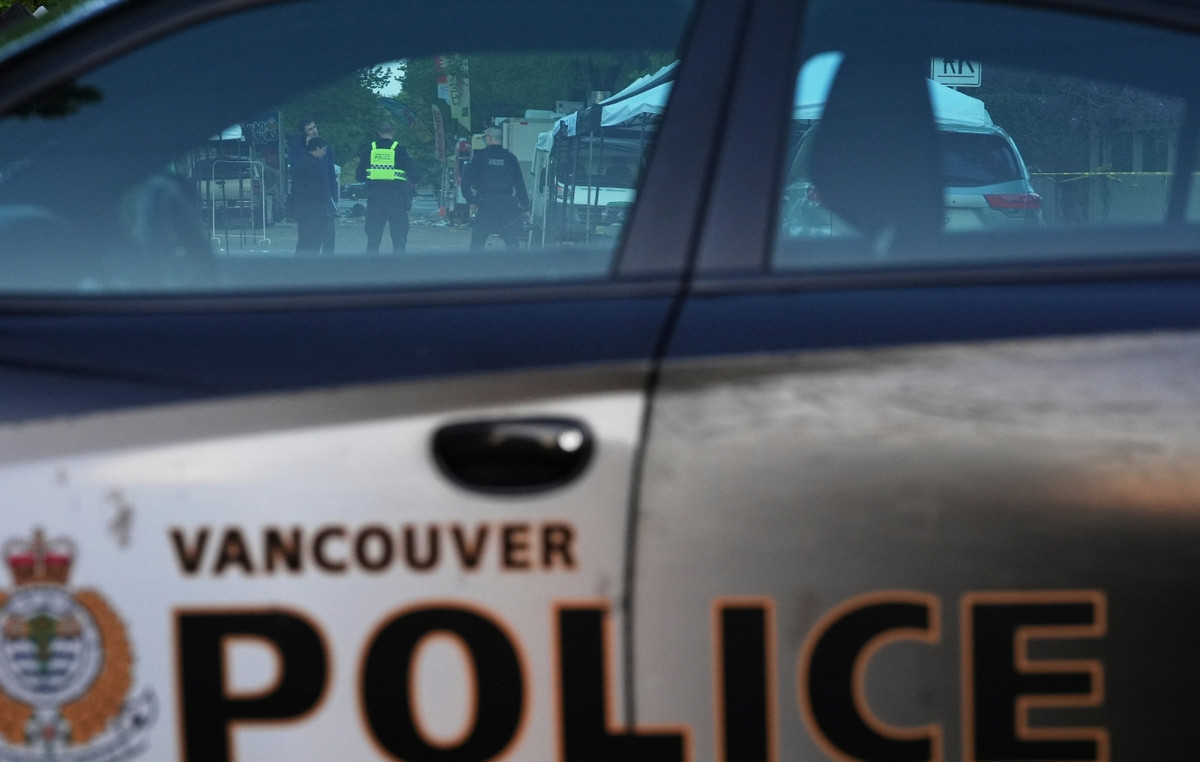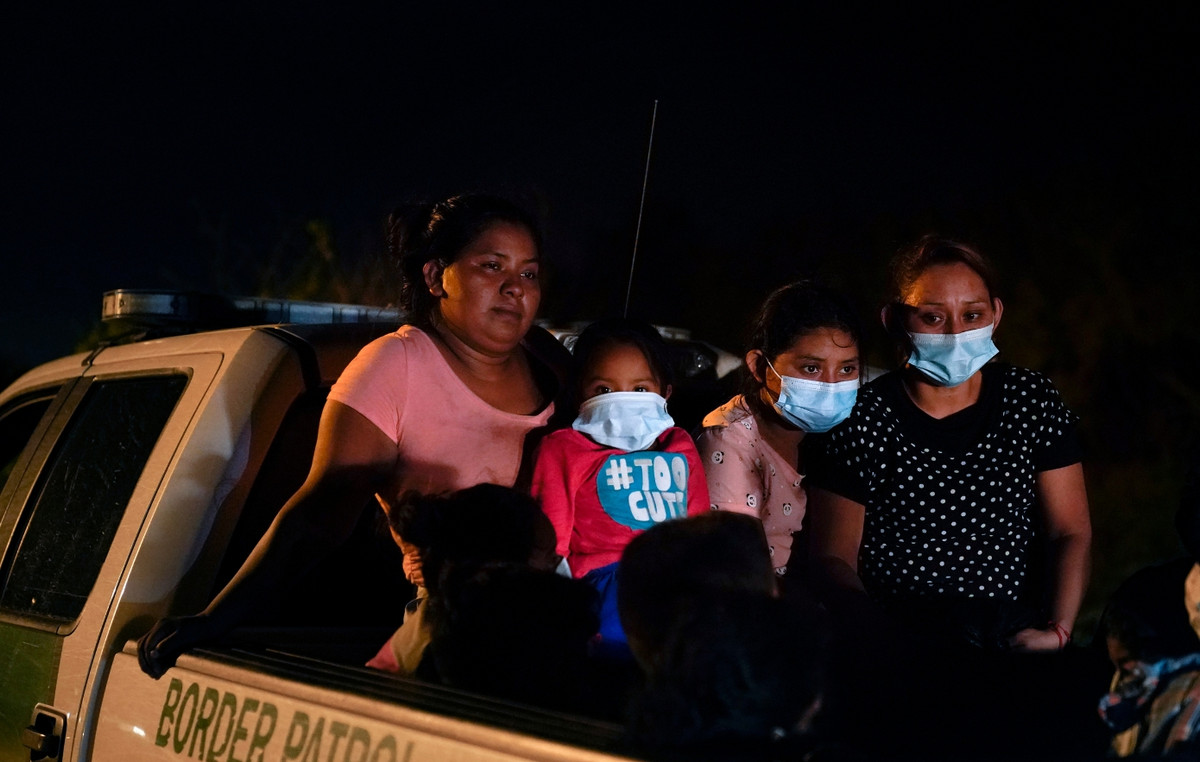In an interview with CNN this Monday (13), infectious disease specialist Renato Kfouri, director of the Brazilian Society of Immunizations (SBim), classified the requirement for proof of vaccination to enter the country as a gesture of “respect for the Brazilian citizen, who has attended to health calls [pela vacina] despite the negationist propaganda”.
The measure will be adopted after Minister Luís Roberto Barroso, of the Federal Supreme Court (STF), judicially determines the requirement of the so-called vaccine passport. The decision was taken on Saturday (11) and will be analyzed by the plenary of the court.
Previously, however, the measure adopted by the federal government had been to allow the entry of non-vaccinated individuals on the condition that they undergo RT-PCR tests and perform a “quarantine” for 5 days.
For Kfouri, it is “regrettable” that the measure was imposed by the Judiciary, as this was a demand from the scientific society and from the National Health Surveillance Agency (Anvisa). However, with the Ômicron variant taking the lead in infections around the world, the action was celebrated by the specialist.
“It is necessary that these measures are imposed out of respect for the Brazilian citizen, who has been responding to the so-called sanitary [pela vacina] despite the negationist propaganda”, says Kfouri.
For the infectious disease specialist, it is also time to “sequence more” and be “watchful for changes in incidence even in mild cases”: “[a Ômicron] it has already shown itself to be highly transmissible, and will be a protagonist, replacing Delta”, he says.
Kfouri highlighted that the mutation will find different scenarios in the countries, which makes the analyzes to be localized. In the UK, for example, around 40% of new Covid-19 cases identified in London are already caused by the new variant.
“Ômicron will be challenged in different scenarios. It will enter countries with very high vaccination coverage, in countries with very low vaccination coverage, in countries that have used the A, B or C vaccine. It will certainly behave differently”, he assessed.
The infectologist also pointed out that, although vaccines are not 100% effective in preventing the transmission of the virus, they drastically reduce the chances of infecting a third party – another factor that weighs on the decision to adopt the vaccine passport, he says .
Reference: CNN Brasil







